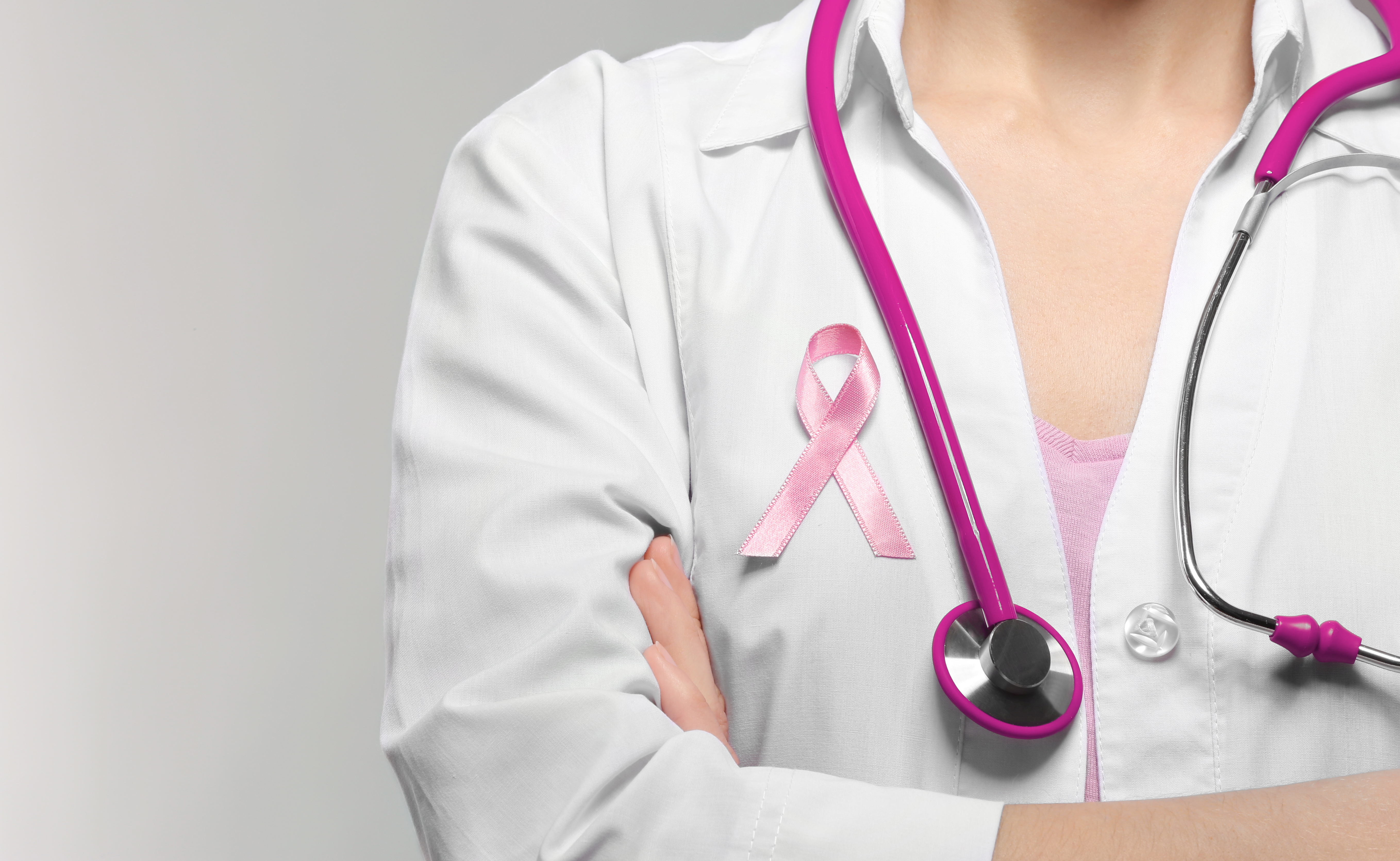There are plenty of misconceptions about menopause – like whether or not it can cause deadly cancers like breast cancer. Fortunately, you can learn everything you need to know about menopause and its connection to breast cancer with a search online.
When menopause arrives, it signals a huge change in a woman’s life. While it’s easy to worry about all of the possible “what ifs” that menopause brings, understanding the facts about menopause is what’s most important.
Your Age During Menopause Could Increase Your Risk of Breast Cancer
One of the biggest fears women face during menopause is their risk of breast cancer. And there is a connection between menopause and breast cancer – but it all depends on when menopause arrives.
According to the Susan G. Komen Foundation, women who experience menopause at a later age can have an increased risk of developing breast cancer. Research findings show that women who begin menopause after age 55 are 30 percent more likely to develop breast cancer compared to women who begin menopause before age 45.
Generally, your risk for breast cancer increases every year that menopause doesn’t happen. Each year older you become without beginning menopause, your breast cancer risk increases by approximately 3 percent.
Why does the age at which menopause begins matter? Medical experts believe there’s a link between the amount of estrogen you’re exposed to throughout your life and your risk of breast cancer. The longer you have “normal” estrogen levels in your body, the higher your cancer risk will be.
However, it’s important to remember that menopause itself doesn’t cause cancer. Age is one of the biggest risk factors, particularly for breast cancer. So, all women regardless of when they begin menopause, see a higher cancer risk as they get older.
You Can Take Action to Reduce Your Breast Cancer Risk During and After Menopause
If you’re worried about your risk for breast cancer before, during, or after experiencing menopause, you can take action. You can, with the right steps and preventative measures, work to prevent breast cancer as best as possible.
There are certain risk factors that will increase the odds that you’ll develop breast cancer. Of these, age is the most influential. As you get older, your risk increases significantly – 95 percent of women diagnosed with breast cancer each year are over age 40, and 50 percent are over age 60.
Additionally, the following factors can increase your risk:
- An immediate family member who’s had breast cancer.
- A history of cancer in one breast.
- A history of ovarian, uterine, or colon cancer.
- A genetic abnormality, like the BRCA gene mutation.
- Having your first child after age 30.
- Never having children.
- Being overweight, particularly after menopause.
While you can’t change some of these risk factors, you can make improvements on others. And taking steps to eliminate or reduce risk factors can help decrease your odds of breast cancer.
If you’d like to decrease your risk factors, you can take steps like:
- Losing weight, or maintaining a healthy weight.
- Exercising regularly, about 30 minutes per day, five times per week.
- Sticking to a healthy diet filled with fruits and vegetables.
- Limiting red meat and processed meat in your diet.
- Limiting alcoholic drinks.
And, most importantly of all, you’ll want to stay on top of your regular breast cancer screenings. Catching breast cancer in its earliest stages is the best way to have a positive prognosis – and it’s detected through regular mammograms.
If you’re at a high risk for breast cancer before, during, or after menopause, you can ask your doctor about regular mammograms for screening.
Is Menopausal Hormone Therapy Safe If You’ve Had Breast Cancer?
If you’ve been diagnosed with breast cancer before – or during – menopause, hormone therapy is an important consideration.
Hormone therapy, or hormone replacement therapy, is commonly used to help combat the symptoms of menopause. But this popular treatment option can be dangerous for any women who have or have had breast cancer. Introducing estrogen back into the body can increase the chances of your cancer returning.
And taking hormone therapy when you’re postmenopausal – and cancer-free – can increase your risk of breast cancer. Women who take estrogen and progestin, a common combined hormone therapy, saw a bigger breast cancer risk. Taking estrogen alone may also increase your risk.
Fortunately, there are plenty of ways to safely alleviate or manage your menopause symptoms without turning to hormone therapy. Women can try the following safe ways to get symptoms under control:
- Getting regular exercise
- Lowering stress levels with meditation or relaxation
- Getting enough sleep each night
- Avoiding hot flash triggers
- Trying medications, like antidepressants
- Acupuncture
Additionally, there are non-hormone medications that you can discuss with your doctor. If you don’t want to take medication with estrogen, but find that lifestyle changes aren’t enough for your menopause symptoms, these medications can be a great middle ground.
Learn More About Menopause and Breast Cancer Today
Ultimately, it’s important to be informed about the latest options for menopause. Though there is a risk of breast cancer with age, certain hormones, and specific risk factors, it’s important to stay on top of the facts.
The best way to protect your health is to get informed. Start a search today to learn more about menopause and breast cancer. And discuss your screening options with our doctor to catch any changes in your body as soon as possible.
